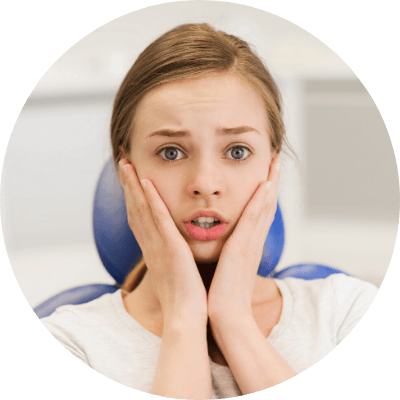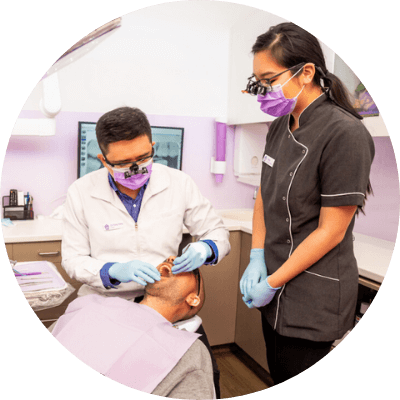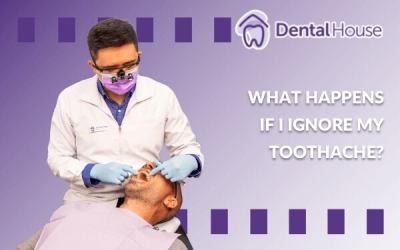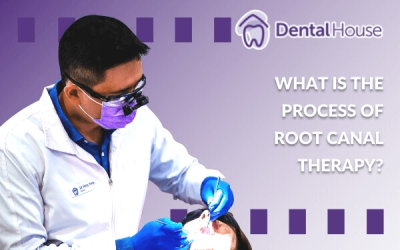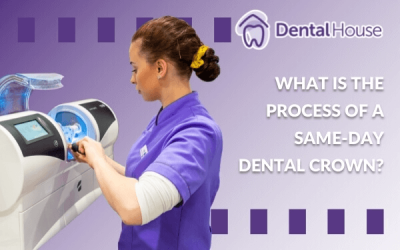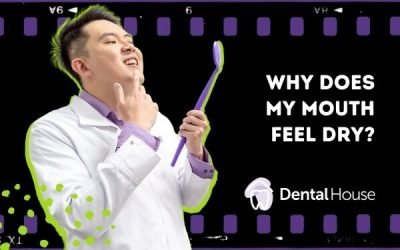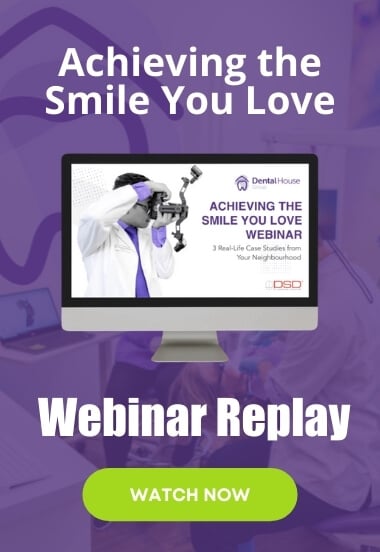What Is Happy Gas and How Does It Help Anxious Patients?
What Is Happy Gas and How Does It Help Anxious Patients?
Hi, Dr Thea here. One of the gentle dentists of Dental House Group.
Today we will discuss “happy gas”.
If you suffer from mild to moderate anxiety when visiting the dentist then one way that we can help is by administering nitrous oxide, also commonly known as laughing gas or happy gas.
This type of sedation gives the patient a certain feeling of euphoria – hence the ‘happy gas’ title. Moreover, it’s designed to suppress the senses like hearing, touch, and more importantly… pain or discomfort while the patient remains awake rather than being unconscious.
The technique involves breathing in small amounts of nitrous oxide along with oxygen through a small nasal inhaler. This should be comfortable and can be adjusted by the patient if necessary. Around 3 minutes later, the patient will start to feel relaxed, carefree, and happy. Once this point is reached, treatment can begin.
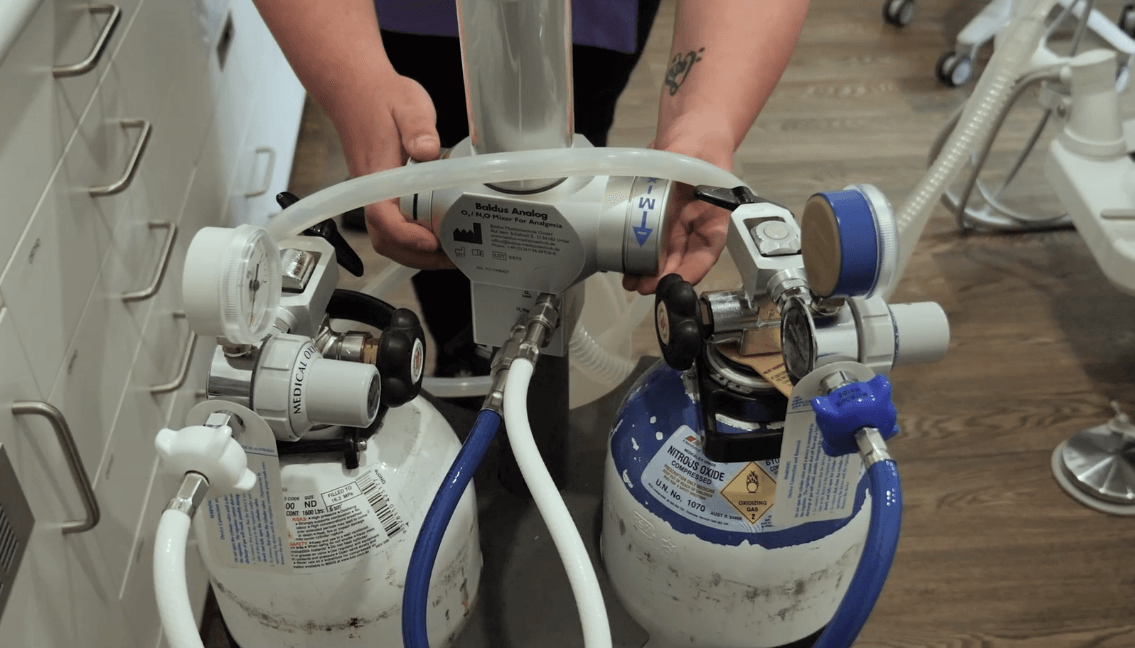
Moreover, when patients have to endure any kind of anesthetic, they may feel a little groggy. However, not so with happy gas! Once the treatment has ended, the patient is given pure oxygen for a minute or two and then normal room air. After around 5 minutes, the patient should be back to normal.
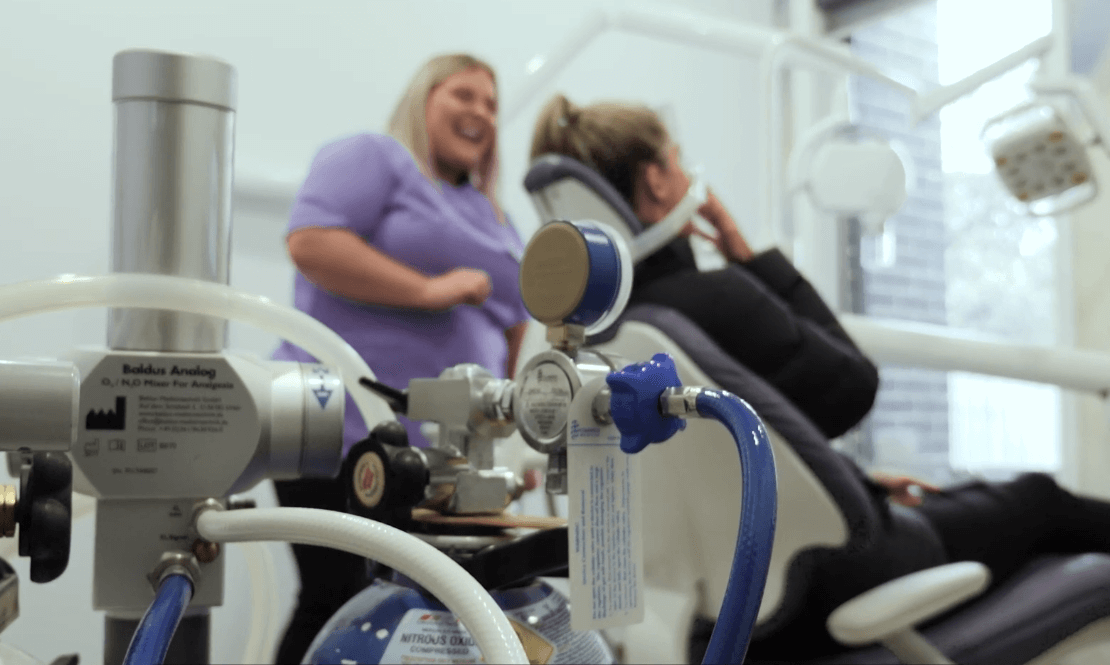
I hope this gives you a better understanding of happy gas. If you’re anxious about visiting the dentist but need treatment, then why not talk to us about our happy gas treatment. Don’t let your anxiety put you off from visiting the dentist and achieving your optimum health. Simply give us a call on 1800GENTLE, direct message us on social media, or complete the form on our website, and we will help you organise your appointment. See you in the next video.
DISCLAIMER:
The content has been made available for informational and educational purposes only. New Gisborne Dental House does not make any representation or warranties with respect to the accuracy, applicability, fitness, or completeness of the content.
The content is not intended to be a substitute for professional personal diagnosis or treatment. Always seek the advice of your dentist or another qualified health provider with any questions you may have regarding a dental or medical condition. Never disregard professional advice or delay seeking it because of something you have read or seen on the Site.


